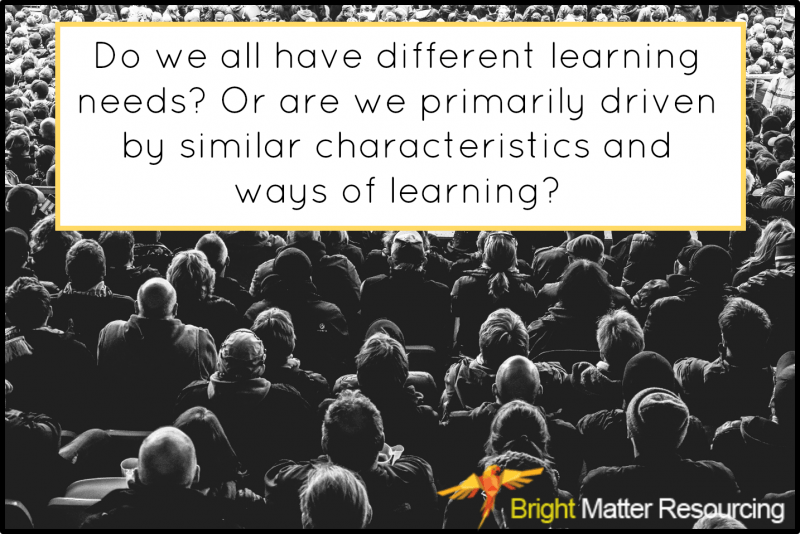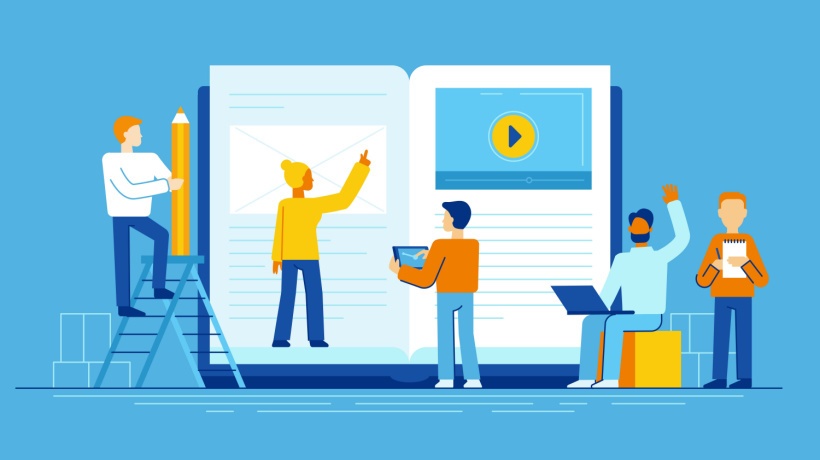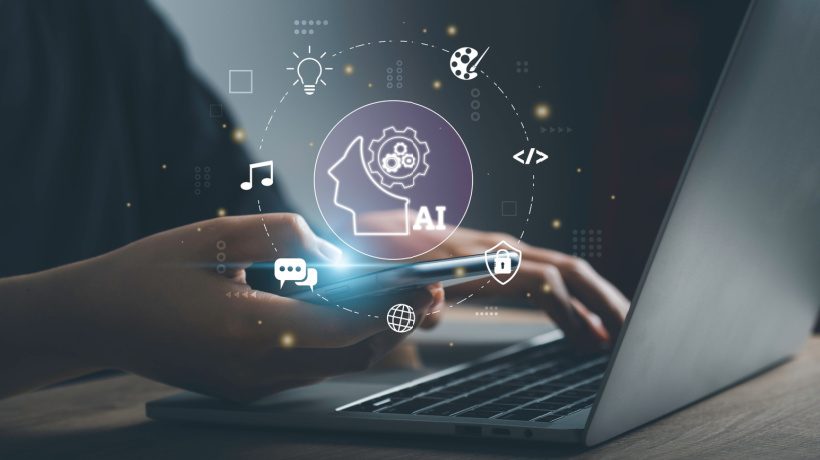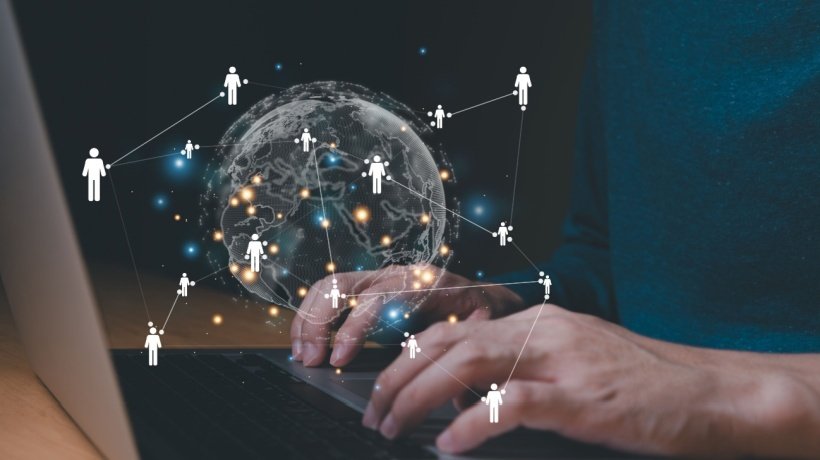Do Different Generations Have Different Learning Needs?
“Tell me and I forget. Teach me and I remember. Involve me and I learn.” - Benjamin Franklin.
It seems as if Mr. Franklin knew the mindset of the typical employee many years ago. In the time that has elapsed since this quote was brought to life all those years ago we have gone on to study, research, and label the differing generations of the working population, associating age groups to the era’s in which they grew up and their perceived traits. From the unadaptive, yet loyal and hard working, Baby Boomers to the entrepreneurial Generation X to the tech savvy yet apparently work-shy Millennials. Who knows what will traits will be associated with generation Z as they begin their employment journeys!
Across all the generations within the workplace today, most employees would agree that they no longer want to be told, nor are they interested in being taught; rather, they want to work within a collaborative work culture. Within this new working era, all employees simply want to belong and be involved.
It could very well be that looking back; this is what the Baby Boomers wanted all those years ago, but we hadn’t developed the right tools to provide this. After all, the human mind requires the same kind of nurture; it’s our surroundings that define how much we acquire.
How we keep learners engaged is always a hot topic, certainly in relation to the differing generations within today’s workplace, and the question of different learning needs and styles is constantly being raised. Could it be that perhaps we are primarily driven by similar characteristics and ways of learning?
Of course, the way in which we learn has significantly changed. Now, in our technology-focused era, we no longer operate in one-sided conversation. We don’t give our learners a task and expect it to be met with no questions asked. In fact, we now aim to engage and provide our learners with a variety of learning media such as personalized training plans to suit their own pace of learning with relevant, engaging, and interactive content.
As we all know, asking questions are how we learn best today; we are avid consumers of vast amounts of information. We ask questions on social media about company products, services, people, and things. Yet, it’s all about two-way conversation: We need to know someone somewhere is listening and, if there isn’t, then we’ll create something to get people to listen. We see ourselves as teachers as much as we see ourselves as the learners.
We all demand information that can be accessed at different times, via various channels in short bursts that don’t disrupt our busy lives. With this instant access to information, via smart phones and social media, our ability to concentrate is getting shorter, so maybe we aren’t all so different after all. Data carried out by Assisted Living Today shows that our attention spans have dropped from 12 minutes [ten years ago] to 5 minutes [present]. Clearly the most effective way of meeting these learning needs is to keep learning accessible; that goes for Baby Boomers or for Millennials.
When we take into consideration that we ALL live and operate in a social, digital learning age, we can see that we are all asking the same questions; whether you are labeled a Baby Boomer, Gen X, or a Gen Y. We are all on our way to becoming tech-savvy, not just because it’s becoming the way to be, but because it’s the most convenient way to be.
Surprisingly, Millennials are not the only ones to embrace new media. In fact, in a study carried out by Pew Research Center, 56% of internet users ages 65 and older now use Facebook, up from 45% who did so in late 2013. That’s an extraordinary figure.
But What Drives The Generation Of Today?
People are looking for more than just a good salary to take home. Unlike most Baby Boomers, money is no longer the prime basis of the Millennials’ job search. According to PWC’s Millennials At Work report [2011] the factor that most influenced Gen X to take a job was opportunity of personal development; with 65%. Only 21% were influenced by starting salary and rate of pay, after reputation of the organization and the role itself.
From our conversations with candidates, we found that Millennials are looking for purpose within their role. They acquire an entrepreneurial mindset and require work-life balance. With influences coming from “mentoring” Baby Boomers such as Arianna Huffington, lending advice to new-age workers, there is an urge to step outside of the office and create their own office. Perhaps Millennials are just asking for what previous generations wanted to ask for, yet didn’t quite know how?
Do We Let The Baby Boomers Catch Up Or Should We Change Our Learning To Suit Their Needs?
Although most Baby Boomers are looking to retire, not everyone wants to! The important factor here is that not all Baby Boomers want the same thing. Whilst learning has changed significantly, it’s the wider organizational structure that has the most impact on how they work today. Because of all the hierarchical changes companies provide to accommodate the workers of today’s generation, this has changed how the entire population receives and gives information.
Of course, the best way to know what your workforce wants, no matter what their age range, is to ask and engage with them. Internal focus groups, one-on-one conversations, 360 feedback reports, and discussions are all methods to engage with your people. The key is to keep a two-way conversation stream going to get the best out of your team to improve their individual development needs.
Learning, be it online or via traditional methods, is and will always be changing; what we need to provide is valuable and relevant content, regardless of our “age related” label. Ultimately, however old we are and regardless of our social and demographic differences, we all want to know we belong, have challenging work, a sense of purpose, and development opportunities. Is that too much to ask?









